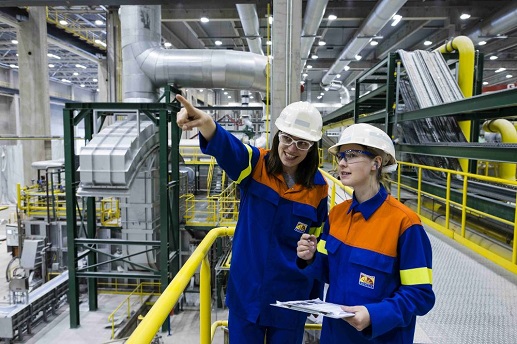

Automotive industry is banking heavily on aluminium to meet its energy efficiency and sustainability targets through 2020. Accordingly industry players have upped their spending on capacity enhancement to churn out vehicles that are lightweight and fuel efficient. But the irony is, the capacity is already exhausted!
Automotive sheet aluminium suppliers in North America are running in full capacity (well almost!), said general manager of automotive for Novelis North America, Tom Boney.
"The industry is very close to capacity, and more capacity will be required," Boney said at the sidelines of the Center for Automotive Research's Management Briefing Seminars in Traverse City, Michigan, last week. "We're proud to say we have a solid order book."
Marco Palmieri, president of Novelis North America told an automotive news portal in June this year, "We still have some open capacity that we can provide. But for any meaningful volume, new investment will be required." Boney seemed to be taking a tad tougher line than Palmeiri. 
Novelis is the biggest supplier of automotive aluminium sheets in the world. The behemoth supplies sheet aluminium to Ford for their F-150 Cadillac CT6 and other pick-up vehicles. The company spent $400 million to improve the finishing lines of its plant in Oswego, N.Y., and also added aluminium recycling capacity there to expand production for those models.
But now Novelis' main production capacity is in Oswego. It is also mulling a second plant in Kingston, Ontario, Boney updated.
Novelis along with other automotive aluminium suppliers are considering significant capacity needs for future.
According to Ducker Worldwide, a research firm based in Detroit, by 2025, aluminium use will increase from 423 pounds (in 2014) to 500 pounds for an average-weight vehicle. Then 'raw material bottlenecks could slow efforts by North American automakers to shave weight by using more aluminium.'
Boney said, Novelis is already considering supply contracts in 2019. "We are clearly talking with all of our customers about what they want to do," he concluded.
Responses








